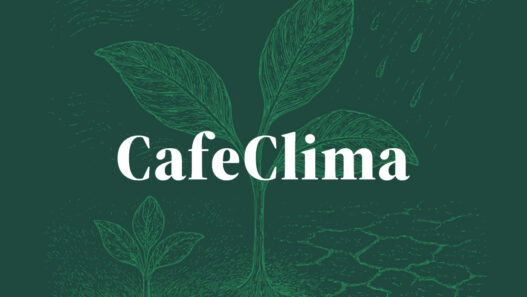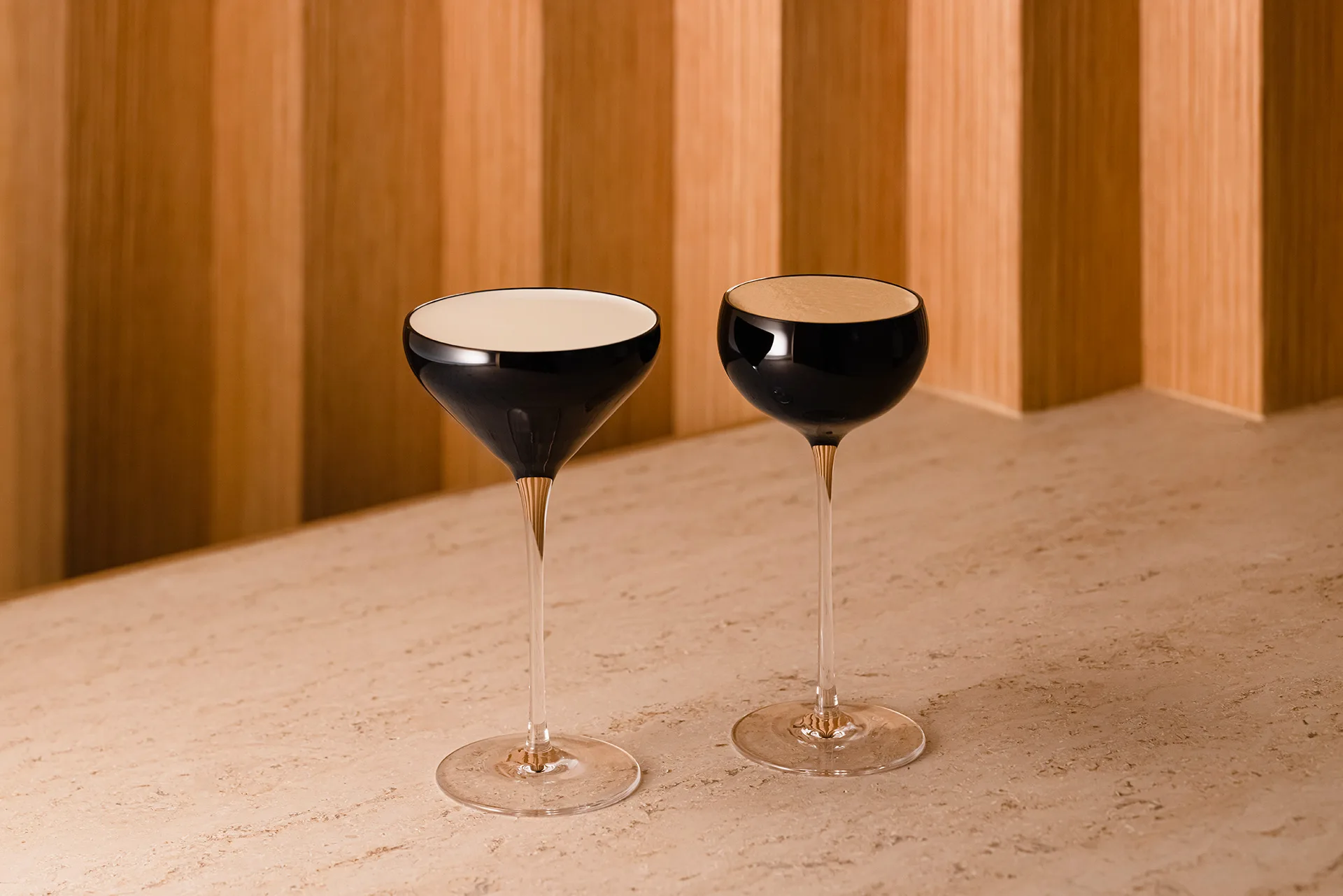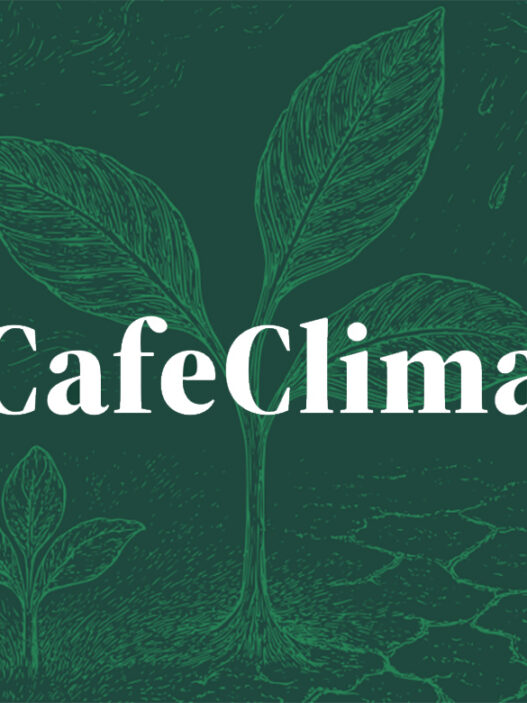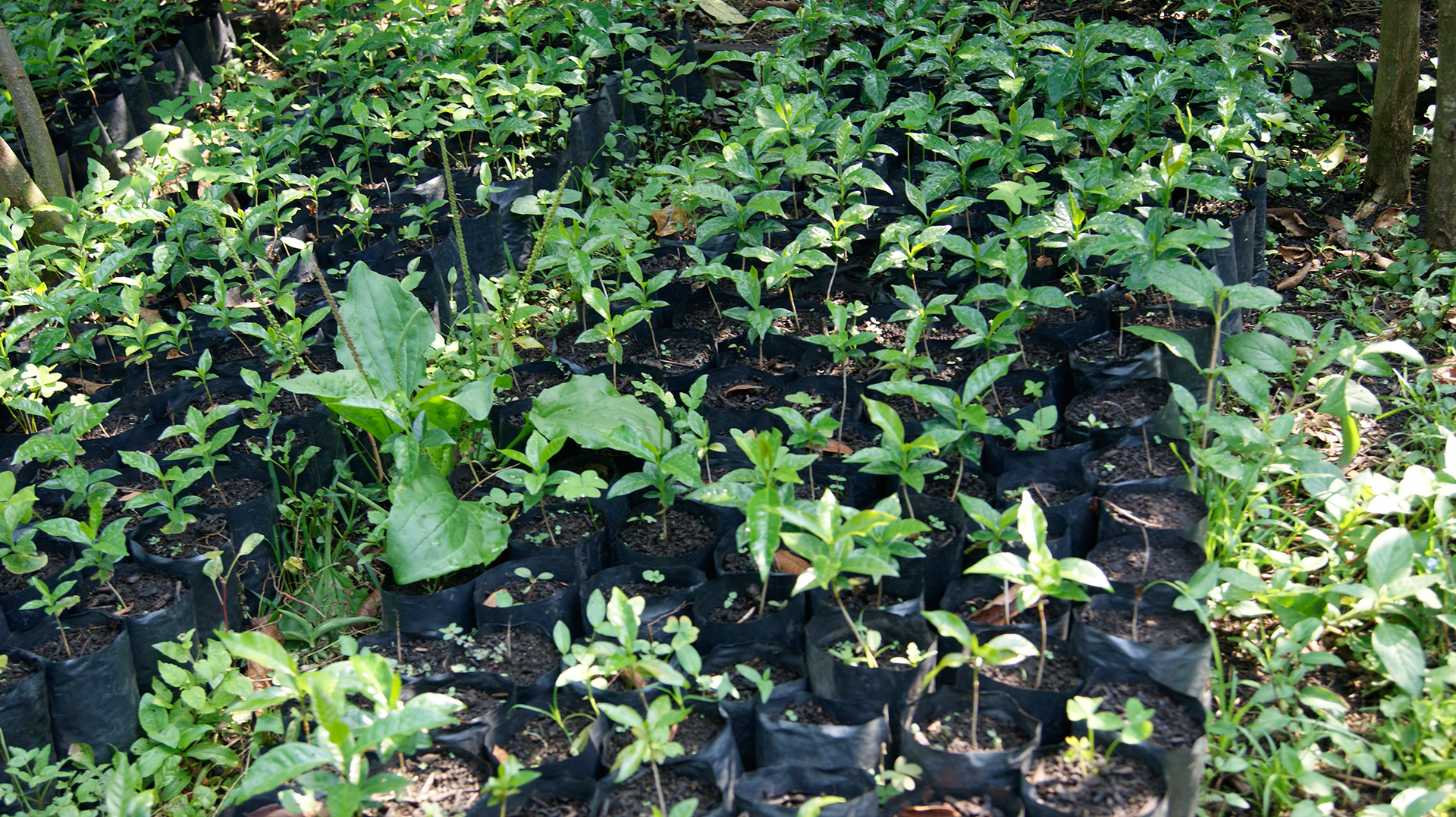Coffee truly is the cure for what ails you. It’s been studied—and proven—by science time and time again. This appears to also include skin abrasions. Or at least that’s what a new research paper states. Published recently in the journal Scientific Reports, coffee pulp, particularly from robusta, has been found to be an all-natural product that promotes wound healing.
Performed by researchers at São Paulo, Brazil’s Universidade de Campinas, the goal of the study was to find a natural substance to use in pharmaceutical and cosmetic products to keep up with consumer demand for chemical-free options, known as phytocosmetics. Due to containing caffeine, chlorogenic acid, phenolic compounds, tannins, and flavonoids, coffee pulp—the fruit of the coffee cherry often discarded during processing (or used to make cascara tea)—was targeted.
For the study, researchers analyzed eight samples of Arabica and robusta pulp to determine their levels of the aforementioned compounds as well as their cytotoxicity, antibacterial activity, and healing potential. They found the extract form of robusta coffee pulp to be the most promising. It contained the highest levels of chlorogenic acid as was the preferred formulation by 88% of all volunteers. It was shown to promote cell migration after 24 hours to a scratch, which “increased scratch retraction.” Basically it made it heal faster.
These findings align with a 2019 study about the healing properties of coffee pulp performed by RMIT University in Melbourne.
Ultimately, coffee pulp was found to be an ideal in phytocosmetic production. As a byproduct of coffee production, coffee pulp is an abundantly available that often gets discarded or used as fertilizer. Finding a use for it in the pharmaceutical and cosmetics industries could provide an additional revenue stream for farmers. And the researchers were able to create a product that doesn’t require involved storing instructions. The phytocosmetic was stable at room temperature for a period of 90 days.
Once again coffee proves itself to be the closest thing to a panacea that may exist on the earth. To read the full study, visit Scientific Reports.
Zac Cadwalader is the managing editor at Sprudge Media Network and a staff writer based in Dallas. Read more Zac Cadwalader on Sprudge.























